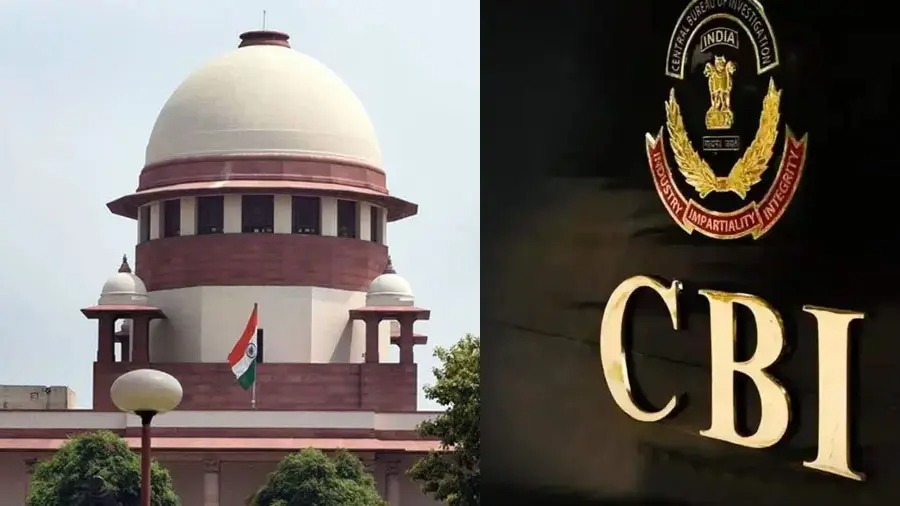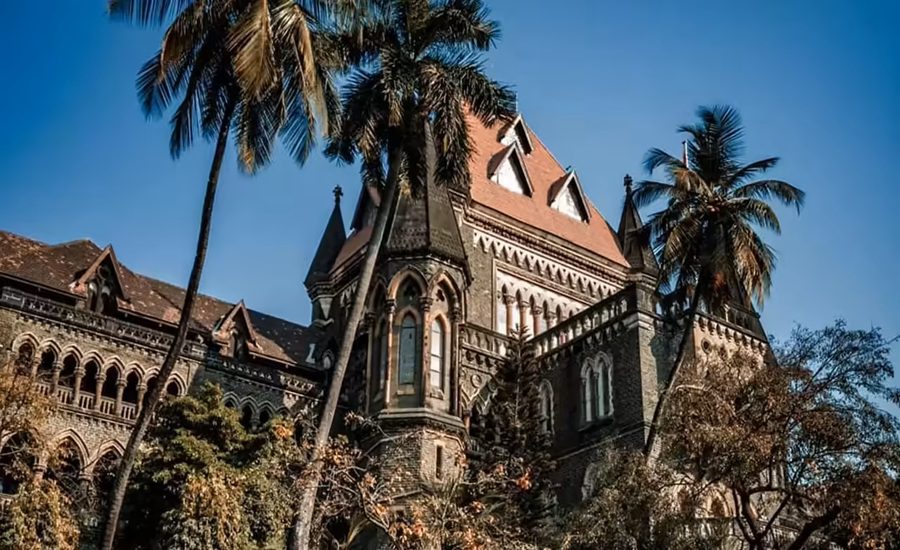U. Durga Prasad Rao, J.@mdashAggrieved by the Award dated 29.10.2009 in OP No. 881 of 2006 passed by the Chairman, MACT-cum-XXII Additional Chief Judge, City Criminal Court, Hyderabad (for short the Tribunal), the R2/Insurance Company preferred the instant MACMA.
2. The factual matrix of the case is thus:
a) The case of the claimant is that on 29.01.2006 at about 5:45 p.m, while he along with another was proceeding on scooter bearing No. AP 29 Q 6721 slowly on the left side of the road from Edupayala Durgamma temple to Hyderabad and when they reached near Gummadidala village outskirts, one Maruthi Zen Car bearing No. AP 31 AF 9549 came in the opposite direction with high speed and in a rash and negligent manner and dashed their scooter. As a result the claimant (pillion driver) and the rider of the scooter fell down and claimant sustained fracture both bones of right leg besides other injuries. Immediately he was admitted in Ram Hospital and thereafter shifted to Basant Sahney Hospital, Secunderabad for better treatment. It is averred that the accident was occurred due to the negligence of the car driver. On these pleas, the claimant filed OP No. 881 of 2006 against respondents 1 and 2, who are the owner and insurer of the offending car and claimed Rs. 3,50,000/- as compensation under different heads mentioned in the OP.
b) R1 filed counter and contended that accident was occurred due to the fault of the rider of scooter, as he drove the same in a rash and negligent manner and there is no negligence on the part of car driver.
c) R2/Insurance Company opposed the claim denying all the petition averments. R2 contended that burden lies on the claimant to prove that accident was occurred due to rash and negligent driving by the car driver and denied that rider of the scooter was having valid licence at the time of accident. R2 contended that claim is excessive and exorbitant and prayed to dismiss the OP.
d) During trial, PWs.1 to 4 were examined and Exs.A1 to A8 and Exs.X1 to X3 were marked on behalf of the claimant. RW1 was examined and Exs.B.1 to B5 were marked on behalf of the respondents.
e) A perusal of the award would show that Tribunal having regard to the oral and documentary evidence has held that offending car driver was responsible for the accident. Sofaras quantum of compensation is concerned, the Tribunal granted Rs. 90,500/- as compensation with interest @ 7% per annum as follows:
|
Pain and suffering |
Rs. 20,000-00 |
|
Hospital charges |
Rs. 44,876-00 |
|
Incidental expenditure |
Rs. 5,000-00 |
|
Expenditure for future surgery |
Rs. 10,000-00 |
|
Loss of salary to the petitioner during the period of treatment, rest and recovery |
Rs. 5,442-00 |
|
Loss of future amenities of life |
Rs. 5,000-00 |
|
Total |
Rs. 90,318-00 |
(Rounded of to Rs. 90,500/-)
Hence, the appeal by United India Insurance Company Limited.
3. Heard arguments of Sri A.V.K.S. Prasad, learned counsel for appellant/ Insurance Company and Sri K. Hari Mohan Reddy, learned counsel for R1/ claimant. Notice to R2 was returned unserved.
4. Learned counsel for appellant made it clear that he is not particular on the quantum of compensation awarded by the Tribunal and his main thrust is on the liability fixed on the car driver by the Tribunal. He argued though initially scooterist lodged FIR against the car driver, however, the Investigating Officer of Jinnaram P.S upon investigation had come to conclusion that the scooterist went on wrong side of the road and hit the car and hence, he charge-sheeted him. He argued that though this fact was brought to the notice of the Tribunal by producing Ex.B.2charge sheet, Ex.B.3Panchanama and Ex.B.4Sketch of scene of offence, the Tribunal failed to consider them in a proper perspective and on the other hand, having relied upon the evidence of PW.1the claimant, it rejected those documents holding that the Investigating Officer (I.O) and another eye witness mentioned in the charge-sheet (LW.3) were not examined. The Tribunal committed a further error by holding that it is a case of composite negligence of two vehicles and the claimant being a third party can claim against both or any of the tort-feasors. Learned counsel vehemently argued that the entire appreciation of facts and law by the Tribunal is wrong and having regard to the evidence on record, the Tribunal ought to have held that the scooter rider was at fault and dismissed the claim as against the owner and insurer of the car.
5 a. Per contra, supporting the award, learned counsel for 1st respondent/ claimant firstly argued that in the counter filed by the Insurance Company except denying the case of claimant, it has not taken a specific plea to the effect that the scooterist swerved his vehicle to the wrong side and dashed the car and on the other hand, taking advantage of perfunctory investigation by the I.O, he has argued before the Tribunal as if the scooterist was at fault. However, the Tribunal on correct appreciation of facts and evidence has rightly observed that the Insurance company failed to examine the I.O and the other eye witness (LW.3) mentioned in the charge-sheet and therefore, charge-sheet and the scene of offence sketch cannot be taken on their mere face value. The Tribunal further observed that when two vehicles were involved in the accident and the accident was occurred due to the composite negligence of both the vehicles, the claimant who is a third party with reference to those vehicles can choose either both or one of the vehicles to sue. In view of the aforesaid clear findings of the Tribunal, he argued, the Insurance Company cannot harp the Tribunal was wrong. He further argued that even charge-sheet filed by the I.O proved wrong by the criminal court in its judgment holding after full-fledged trial that the rider not guilty. Learned counsel produced copy of judgment in C.C.No. 274 of 2006 on the file of J.M.F.C, Special Mobile Court, Medak and submitted that the contention of Insurance Company has no legs to stand.
b. Secondly, learned counsel argued that compensation awarded was too low and this Court can enhance the same in spite of the fact that no appeal is preferred by the claimant. He submitted that in fact, the claimant is entitled to more compensation than claimed by him.
6. As a reply, counsel for appellant argued that judgment of the criminal court will not have a bearing in a civil case. On this aspect, he relied upon the decision reported in United India Insurance Company Limited, Kurnool vs. Madiga Thappeta Ramakka and others
7. In the light of above rival arguments, the point for determination in this appeal is:
Whether the award passed by the Tribunal is factually and legally sustainable?
8. POINT: The accident, involvement of scooter bearing No. AP 29 Q 6721 and Maruthi Zen Car bearing No. AP 31 AF 9549 and injuries to the claimant are not in dispute. As can be seen, the bone of contention in the appeal is with regard to the liability fixed on the car driver. Before the Tribunal, the claimant deposed as if the offending car came in the opposite direction on a wrong side being driven by its driver at high speed and in a rash and negligent manner and dashed the scooter. In the cross-examination, except giving suggestion that there was no negligence on the part of the scooter rider, nothing specific could be extracted to establish that the scooter rider swerved on the wrong side and dashed the car. Be that it may, the respondents did not adduce any contra evidence by examining the car driver or any eye witnesses to buttress their claim. The Insurance Company relied upon Ex.B.2charge sheet, Ex.B.3Panchanama and Ex.B.4Sketch of scene of offence. In Ex.B.4, it is drawn as if the car was on its left side and scooter fell down on its extreme right side (wrong side). The Tribunal did not agree to consider these documents on the observation that the respondents in the OP failed to examine the I.O and the eye witness shown in the charge- sheet (LW.3) to prove the contents of the charge-sheet. Accordingly, it fixed the liability on the car. Also viewing the matter in another angle, the Tribunal observed that even if it is held that the scooterist was also responsible for the accident to some extent, then for the composite negligence of the two vehicles, the claimant being a third party can choose both or one of the tort-feasors as his defendant and in such event also, the owner and insurer of the car cannot escape their liability. Accordingly, it fixed liability on the owner and insurer of the car. On a careful perusal of the award, I find no illegality or irregularity in the award. As rightly observed by the Tribunal, the I.O was the best person to explain as to under what circumstances he had to show the complainant as accused in his charge-sheet. A perusal of the charge-sheet would show that basing on the statement of LW.3S.K. Imam who was said to be an eye witness, the I.O it appears charge-sheeted the complainant. However, without their physical presence before the Tribunal, the charge-sheet and other documents cannot be accepted on their face value and hence the Tribunal rightly rejected them and accepted the evidence of PW.1 which withstood the rigor of cross-examination. Then, a perusal of the judgment in C.C.No. 274 of 2006 would show that the criminal Court after conducting full-fledged trial, found the scooterist not guilty and acquitted him. LW.3 in the charge-sheet was examined as PW.3 before the Magistrate. It was mentioned in the judgment that he admitted in the cross-examination that the crime vehicle i.e, scooter was proceeding on the left side of the road and the Zen car came in the opposite direction towards right side of the road. In view of the aforesaid judgment, Exs.B.1 to B.4 will not have any probative value. In this regard, the argument of the appellant that criminal court judgment will not have bearing in a civil case cannot be accepted for the reason that when the appellant relied upon the charge-sheet and other documents, the respondent/claimant can equally rely upon the criminal courts judgment to prove that those documents will have no probative value. So at the outset, the argument of the appellant that the Tribunal erred in fixing liability on the appellants cannot be upheld.
9. Then the submission of 1st respondent/ claimant is concerned, since he failed to file appeal or cross objections claiming higher compensation than awarded by the Tribunal, his prayer for enhancement of compensation cannot be accepted in view of the decision of Supreme Court reported in Ranjana Prakash and others v. Divisional Manager and another. Accordingly, I find no merits in the appeal.
10. In the result, this MACMA is dismissed by confirming the award passed by the Tribunal in O.P.No. 881 of 2006. No order as to costs in the appeal.
As a sequel, miscellaneous applications pending, if any, shall stand closed.

